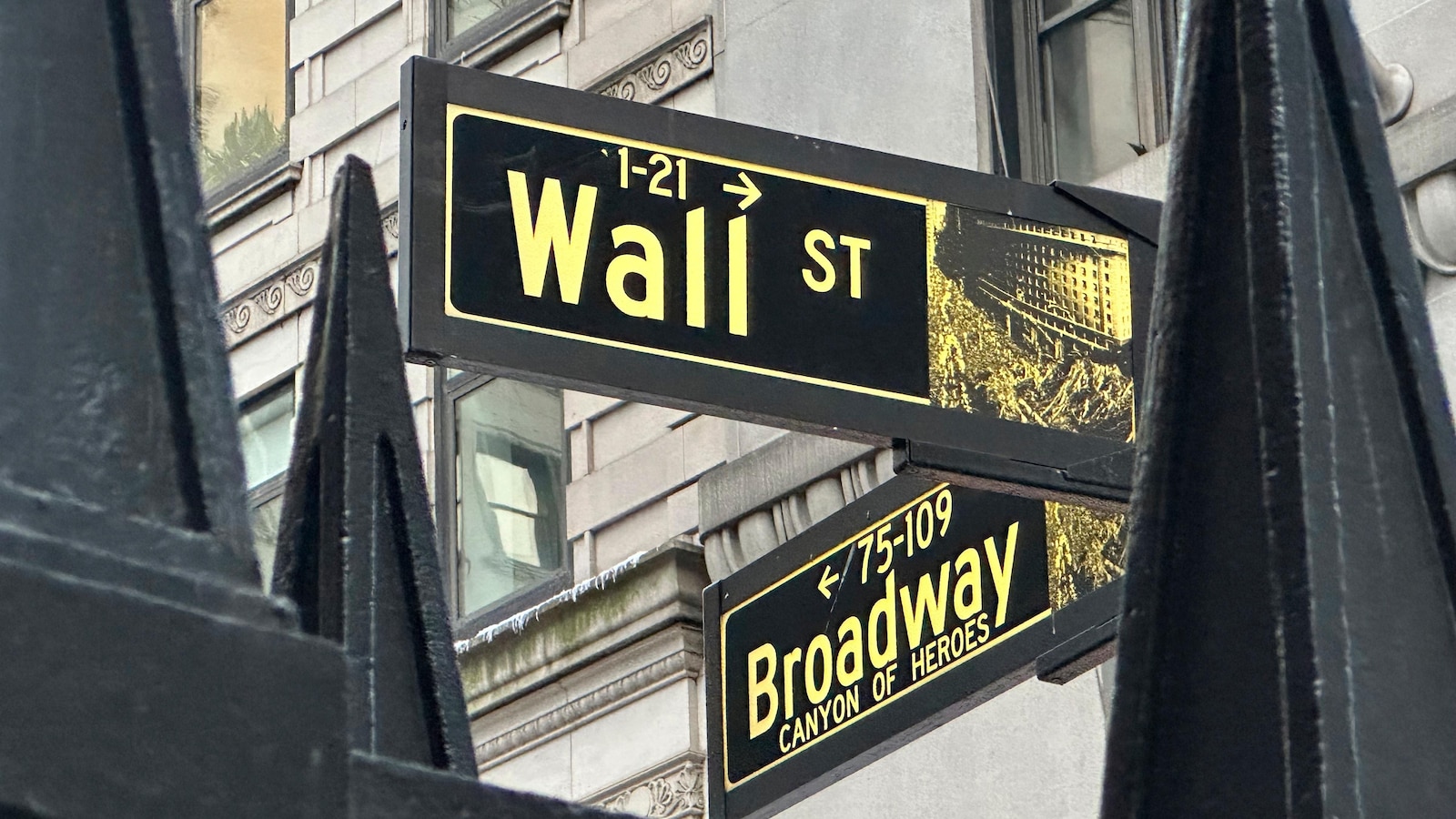The S&P 500 experienced its worst day in eight weeks, plummeting 1.9% and falling below its record high from earlier this month. The Dow Jones Industrial Average dropped 378 points, or 0.9%, while the Nasdaq Composite, after recently reaching an all-time high, fell 2.8% for the second consecutive day.
Microsoft reported higher-than-expected profit growth in its latest quarter, with revenue surpassing forecasts. However, its stock still tumbled by 6% as investors and analysts expressed concerns over potential disappointments. Many were fixated on growth projections for Microsoft’s Azure cloud computing business, which fell short of some analysts’ expectations.
Similarly, Meta Platforms, the parent company of Facebook, delivered a better-than-expected earnings report. Yet, like Microsoft, this was not enough to boost its stock price. Investors were more focused on the company’s warning of “significant increases” in spending next year as it continues to invest in artificial intelligence development, leading to a 4.1% decline in its shares.
In recent years, both Microsoft and Meta have seen rapid growth fueled by enthusiasm for AI, making them some of Wall Street’s most influential stocks. Critics, however, have raised concerns that their stock prices have risen too quickly, rendering them overly expensive. When expectations are set so high, meeting them becomes a challenge, and both companies heavily weighed on the S&P 500 on Thursday.
The declines were compounded by Amazon and Apple, which saw their shares drop 3.4% and 2%, respectively, ahead of their earnings reports later in the day. They joined the ranks of the so-called “Fabulous Seven,” a group of companies that have dominated market performance.
Earlier in the month, Tesla and Alphabet also reported results that impressed investors, justifying their high stock prices. The only remaining member of this elite group, Nvidia, is expected to report its results later in the earnings season, yet its stock fell 4.8% on Thursday, following Microsoft as one of the day’s largest market drags. After seeing its stock rise over 880% in the past two years, expectations for the chipmaker are sky-high.
The decline of big tech at the end of October erased gains for the S&P 500 for the month. The index fell 1% for its first losing month in the past six, despite peaking at an all-time high during the month.
Jonathan Krinsky of BTIG noted that after an unusually long and calm run, such a significant drop may have been overdue. He pointed out that the S&P 500 had failed to move more than 1% in either direction for the longest stretch in nearly three years.
Nevertheless, Thursday wasn’t a total loss, thanks to cruise lines and cigarette stocks.
Norwegian Cruise Line Holdings surged 6.3% after reporting stronger-than-expected profits for the latest quarter. The cruise operator noted robust demand for its brands and itineraries and raised its profit forecasts for the entirety of 2024.
Another bright spot was Altria Group, which gained 7.8% after exceeding analysts’ profit expectations. CEO Billy Gifford attributed this success to the resilience of its Marlboro brand and announced cost-cutting initiatives.
Additionally, oil and gas companies saw a boost as U.S. crude oil prices rose 0.9%, helping to recoup some of their losses for the week and the year. ConocoPhillips surged 6.4%.
Overall, the S&P 500 fell 108.22 points to close at 5,705.45. The Dow declined 378.08 points to finish at 41,736.46, while the Nasdaq Composite dropped 512.78 points, ending the day at 18,095.15.
In the bond market, Treasury yields dipped following mixed reports on the U.S. economy.
One report indicated that a measure of inflation the Federal Reserve wants to reduce from 2.3% in September to 2.1% is now close to the Fed’s 2% target, although the underlying trends, excluding food and energy costs, were somewhat hotter than economists anticipated.
Another report highlighted a slowdown in wage and benefit increases during the summer, which could ease upcoming inflation pressures. Meanwhile, a third report showed fewer American workers applied for unemployment benefits last week, suggesting relatively low layoffs nationwide.
Treasury yields fluctuated before settling lower. The yield on the 10-year Treasury fell from 4.30% late Wednesday to 4.27%. It remains elevated compared to about 3.60% seen in mid-October.
In the context of better-than-expected reports on the U.S. economy, yields had been rising, raising hopes that the economy could dodge a recession, especially now that the Fed is shifting focus from supporting the job market to cutting interest rates to tame inflation. However, the surprising resilience is also forcing traders to temper their expectations regarding how much the Fed will ultimately reduce rates.
Overseas markets also saw declines, with most European and Asian indices falling.
In South Korea, the Kospi dropped 1.5% after North Korea tested a new intercontinental ballistic missile capable of reaching the U.S. mainland, one of the significant losses likely aimed at drawing attention ahead of U.S. Election Day.

